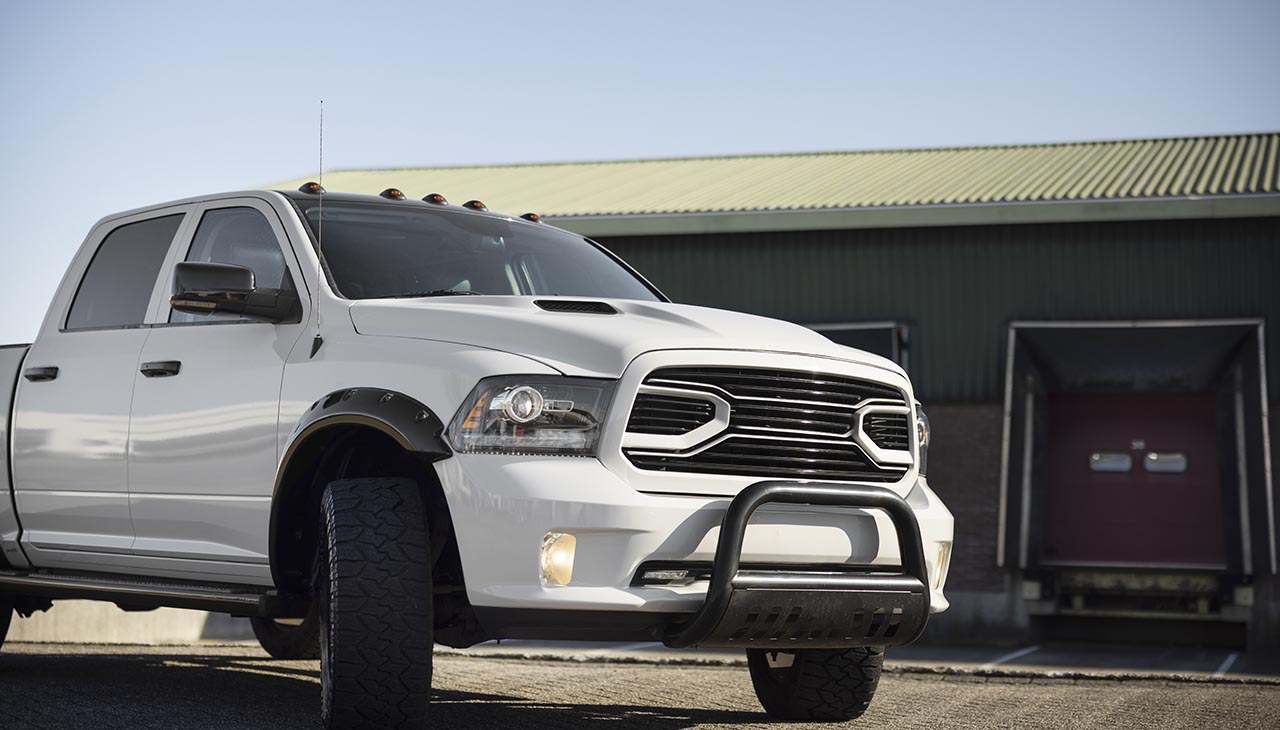In Thailand, the sight of pick-up trucks bustling through city streets and navigating rural pathways is as common as the aromatic scent of street food wafting through the air. It’s not just a mere preference; there’s a cultural and economic tapestry that explains why pick-up trucks are not only prevalent but also celebrated. From their versatility in fulfilling both work-related and personal needs to the favorable government policies that have made them an economical choice, the dominance of pick-up trucks in the Thai market is a multifaceted phenomenon. This exploration seeks to unravel the layers behind this automotive preference, providing insights into how pick-up trucks have woven themselves into the very fabric of Thai society.
Historical and Cultural Factors
The pick-up truck’s historical significance in Thailand can be traced back to the country’s agrarian roots, where the need for a versatile and robust vehicle to transport goods and people across varied terrains was paramount. These vehicles rapidly became a symbol of resilience and hard work, epitomizing the Thai ethos of self-reliance and adaptability. Culturally, Thais value utility and versatility in their possessions, and pick-up trucks fit this preference to perfection. They serve a dual purpose, effortlessly transitioning between the role of a hardy workhorse during the week to a family vehicle for weekend outings. This multipurpose usefulness, combined with their durability, has cemented the pick-up truck’s status not just as a means of transportation, but as a vital component of family and work life in Thailand.
Economic Considerations
Beyond the cultural attachment and historical significance, affordability and cost-effectiveness play pivotal roles in the enduring popularity of pick-up trucks in Thailand. The government’s tailored tax policies markedly reduce the cost of owning a pick-up truck compared to other types of vehicles. This financial advantage makes them an attractive option not only for individuals but also for small and large businesses, aligning with both the economic circumstance and utilitarian ethos of the Thai population. Furthermore, the versatility of pick-up trucks means they serve dual functions, seamlessly transitioning from a commercial vehicle used for transporting goods during the workweek, to a personal vehicle for family outings and errands on weekends. This dual utility magnifies their value proposition, offering a balance of work-life integration that few other vehicle types can claim. The economic efficiency combined with their broad utilization for both personal and commercial purposes encapsulates why pick-up trucks are not just vehicles, but a smart economic choice for many Thais.
Government Policies and Regulations
Government policies and regulations have significantly contributed to the dominance of pick-up trucks in Thailand. Among these, tax incentives stand out as a critical factor. The Thai government has historically implemented favorable tax policies for pick-up trucks, recognizing their essential role in supporting the country’s agricultural and industrial sectors. These vehicles benefit from lower taxes compared to passenger cars, making them a more economical choice for both business owners and individuals. This financial consideration is particularly crucial for those in the agricultural sector, where pick-up trucks are indispensable for transporting produce and equipment. Similarly, in the industrial sector, these vehicles are vital for moving goods and facilitating operations, enhancing the efficiency and productivity of businesses. By aligning tax incentives with the economic and logistical needs of these key sectors, the government has not only encouraged the widespread use of pick-up trucks but also bolstered the overall economy.
Brand Preferences and Marketing Strategies
The influence of popular brands and their concerted marketing efforts cannot be overstated in the dominion of pick-up trucks within the Thai automotive market. Leading automotive brands, recognizing the unique demands of the Thai consumer, have meticulously tailored their product offerings and marketing strategies to resonate with the local population. Through extensive research and consumer insights, these companies have developed pick-up trucks that are not only robust and versatile but also incorporate features appealing to the Thai sensibilities, such as advanced fuel efficiency for cost-saving and enhanced safety features for family use. Marketing campaigns are skillfully crafted, often highlighting the dual functionality of pick-up trucks, which perfectly aligns with the Thai preference for multi-purpose vehicles. Promotional activities frequently involve local brand ambassadors and focus on how these vehicles support the Thai way of life, from agriculture to family recreation, further ingratiating these brands into the cultural fabric. The success of these tailored product offerings and localized marketing strategies emphasizes the importance of understanding cultural nuances in driving consumer preference and loyalty in the competitive automotive industry.
Future Outlook
The future landscape of the pick-up truck market in Thailand is poised for transformation, largely driven by evolving environmental regulations, technological advancements, and shifting consumer preferences towards sustainability. We are likely to witness an increase in the integration of green technologies, with electric and hybrid pick-up trucks becoming more prevalent. This shift not only reflects a global trend towards environmental responsibility but also aligns with Thailand’s commitment to reducing carbon emissions. The advancement in electric vehicle (EV) infrastructure, including charging stations, will further fuel this transition, making electric pick-ups a viable option for both personal and commercial use.
For automotive industry stakeholders, these developments signal a need for strategic adaptation. Manufacturers will need to invest in research and development to produce electric pick-up models that retain the ruggedness and versatility that consumers expect while incorporating clean energy technology. Dealerships and marketers, on the other hand, will have to educate consumers about the benefits of EVs and build awareness around the new features and capabilities of electric pick-ups. Furthermore, government policies supporting EV adoption, such as tax incentives for electric vehicles, could significantly influence market dynamics, urging stakeholders to closely monitor policy changes and engage in advocacy where necessary.
Overall, the transition towards a more sustainable pick-up truck market presents both challenges and opportunities for the automotive industry in Thailand. By proactively addressing these changes, manufacturers, dealerships, and associated businesses can not only contribute to the global movement towards sustainability but also secure a competitive edge in a rapidly evolving market.

